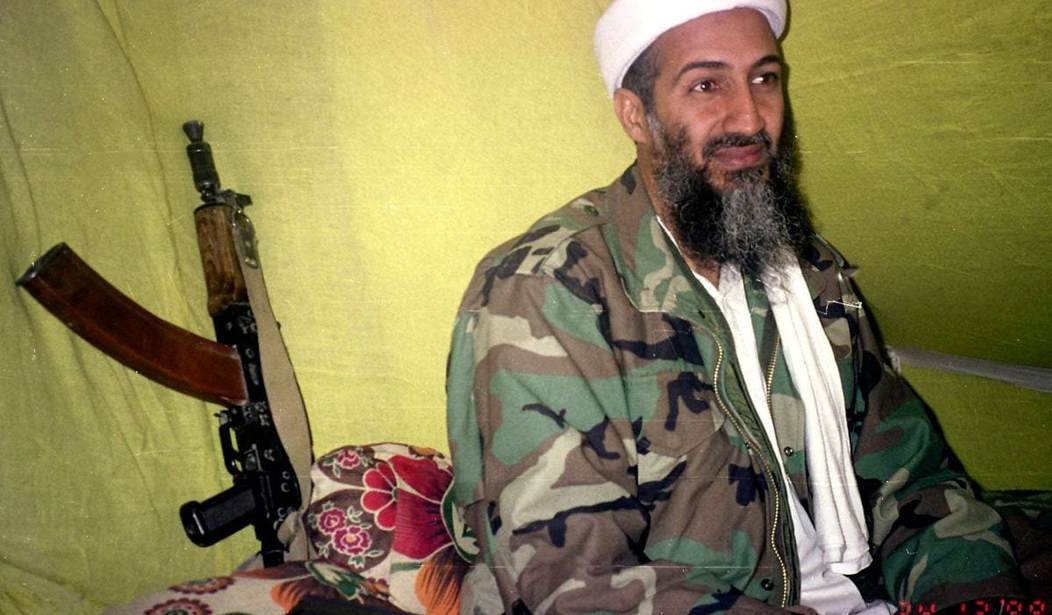In the weeks following the takedown of Osama bin Laden, the CIA station chief in Pakistan, Mark Kelton, came down with a mysterious ailment. It was so bad that at times he was doubled over in pain.
Unable to be treated in Pakistan, Kelton was sent home. But many of his colleagues and co workers at Langley and throughout the U.S. government speculated that Kelton had been poisoned by the ISI — the Inter-Services Intelligence agency.
Relations between the U.S. and Pakistan had hit a low point with the raid in Abbottabad that killed Osama bin Laden. But in truth, the complicated love-hate relationship with the ISI had deteriorated to the point that the idea that Pakistan would seek to kill the CIA chief was not out of the question.
The disclosure is a disturbing postscript to the sequence of events surrounding the bin Laden operation five years ago and adds new intrigue to a counterterrorism partnership that has often been consumed by conspiracy theories.
That 2011 time frame was marked by extraordinary turbulence in the United States’ relationship with Pakistan, a wary alliance that was close to collapse when U.S. Navy SEALs descended on the al-Qaeda leader’s compound in Abbottabad.
Even if the poisoning suspicion is groundless, the idea that the CIA and its station chief considered the ISI capable of such an act suggests that the breakdown in trust was even worse than widely assumed.
Kelton, 59, declined multiple requests for an interview, but in a brief exchange by phone he said that the cause of his illness “was never clarified,” and he added that he was not the first to suspect that he had been poisoned. “The genesis for the thoughts about that didn’t originate with me,” he said.
In the conversation, Kelton declined to answer questions about his illness or his tenure in Pakistan. “I’d rather let that whole sad episode lie,” he said. “I’m very, very proud of the people I worked with who did amazing things for their country at a very difficult time. When the true story is told, the country will be very proud of them.”
U.S. officials acknowledged that the CIA never saw proof that Kelton was poisoned or confronted Pakistan with that charge. CIA spokesman Dean Boyd said that privacy considerations “limit what we can say about any individual cases . . . but we have uncovered no evidence that Pakistani authorities poisoned a U.S. official serving in Pakistan.”
Even so, current and former U.S. intelligence officials said that the ISI has been linked to numerous plots against journalists, diplomats and other perceived adversaries and that the spy agency’s animosity toward Kelton was intense.
The ISI is a well-known supporter of terrorist groups, including the Taliban, the Haqqani network, and Lashkar-e-Taiba, which is responsible for a series of savage attacks in Mumbai in 2008. It is widely suspected that they gave safe harbor to bin Laden when he moved to a compound within a couple of miles of the Pakistan army’s service academy.
But as long as we have soldiers in Afghanistan, we need the alliance with Pakistan to supply them. Other supply routes are unacceptable or unreliable.
There is a faction in the ISI that maintains relatively friendly relations with the U.S. military. Many high-ranking officers in the ISI have gone to our best military training schools and there can be a mutually beneficial relationship.
But the ISI doesn’t trust the CIA. In the weeks leading up to the raid that killed bin Laden, a CIA contractor, Raymond Allen Davis, got into a firefight in the middle of the day on a street in Lahore. Three street thugs on motorcycles advanced on Davis’s car with guns drawn. Davis drew his own weapon and fired, killing two of the thugs on a crowded street. A car from the embassy sent to pull him out of the dicey situation struck and killed a pedestrian and was forced to turn around.
For months, as Davis languished in a Lahore jail fearing he would be murdered, the CIA and the Obama administration refused to acknowledge that Davis was a CIA contractor. This was at the insistence of the CIA, which felt that exposing Davis would compromise some important operations. Anger in Pakistan roiled the streets as the extremists demanded Davis’s head.
Finally, the ISI and U.S. government quietly negotiated a settlement with the families of the dead criminals and Davis was set free. But the incident highlighted the bizarre nature of our relationship with Pakistan — a country supposedly helping us fight terrorism but which supports terrorists.









Join the conversation as a VIP Member